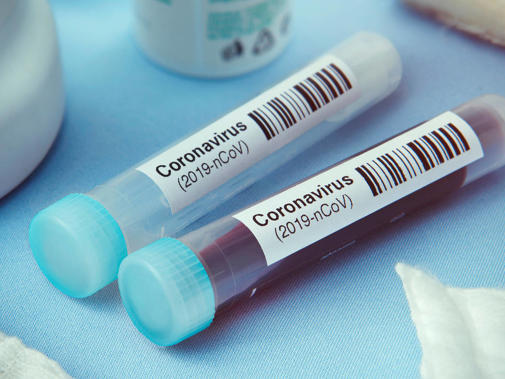You may have heard in the news that twice-weekly rapid testing is due to roll out for those who work in the NHS.
The lateral flow tests from Innova are currently being piloted in Liverpool.
Their use is controversial. An editorial in The BMJ warns that if the screening criteria drawn up by the UK National Screening Committee are used as a benchmark then the current programme ‘does not do well and has been already roundly criticised’.
This testing is due to be rolled out to NHS workers, including those in primary care.
The tests will be voluntary but if any results are positive the worker will have to isolate (for 10 days), along with their family (for two weeks or longer if symptoms develop during that time period).
A confirmatory PCR test should be arranged for each worker that tests positive, and should this then prove negative the worker (and family) will be released from the need to isolate.
If the doctor is in a contract of employment the expectation is that special leave will be given to allow for the period of isolation so there will be no financial loss to the doctor.
If remote working is possible then this should be arranged, though difficulties may arise if there are dependents at home who need looking after due to the need for the whole household to isolate.
The situation gets more difficult for self-employed locum doctors and those with portfolio roles as they may be unable to fulfil existing work commitments if they are obliged to isolate, with the subsequent loss of income.
Practices may be able to offer remote working, but the logistics of arranging this at short notice might be difficult if it were to involve the need for specific hardware for each booked session.
The partners at one practice I work at initially welcomed the idea of these tests, but when it became clear what the implications might be should an asymptomatic worker test positive (and perhaps continue to remain asymptomatic), potentially losing income, their opinion changed, especially as the workplace is already deemed COVID secure.
It seems the Government wants to further suppress the spread of COVID-19 using new technologies but are leaving the financial burden at the feet of those with the positive tests.
Before volunteering for any test, you may wish to consider the consequences (financial and otherwise in terms of the need to isolate) and talk these through with those who engage you and who are offering you the tests.
We all want a return to normality but strategies to achieve this should be evidence-based and fair.
Mark Coley is a member of the BMA sessional GPs committee

